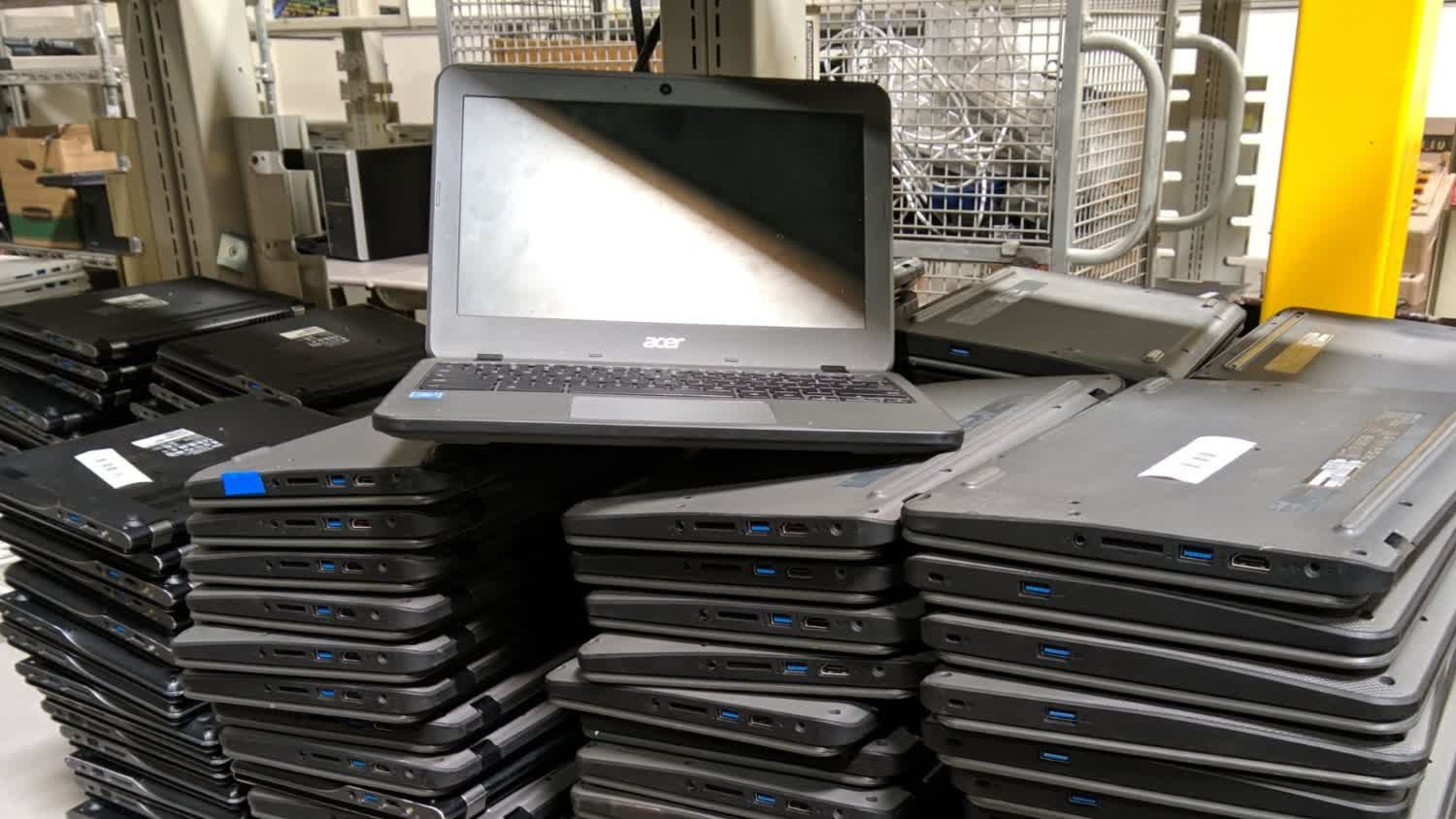Serving tech enthusiasts for over 25 years.
TechSpot means tech analysis and advice you can trust.
In a nutshell: Like other tech giants, Google is trying to integrate its new AI language models across its products and services, including its ChromeOS desktop operating system. Although the process will be gradual, Google plans to use Android as a pathway to embed AI into ChromeOS’s foundations.
Google recently announced plans to integrate the Android Linux Kernel, Android frameworks, and other Android stack features into the core of ChromeOS. While the company didn’t offer a clear timeline for the transition, it confirmed that it’s part of an effort to deploy AI features more broadly across ChromeOS.
Initial work on bringing Android and ChromeOS closer together has only just begun, so end users won’t experience the changes for a while. However, Google promises the transition will feel seamless and won’t fundamentally alter the operating system’s distinctive traits.

Although the company has attempted to integrate Android and ChromeOS before, Google’s mobile and laptop operating systems remain distinct. Android devices don’t support ChromeOS software, but some Chromebook models can run Android apps.
The company’s new cross-platform effort started with a virtualization layer designed to run some versions of ChromeOS on Android hardware. Google demonstrated the open-source “ferrochrome” running on a Pixel 8, which projected its video feed to an external display.
Android has a native desktop mode, but it has limited functionality. Recent reports suggest Android 15 might refine the desktop mode but likely won’t turn it into a viable PC OS alternative. Attempts to integrate ChromeOS and Android might affect those plans.
Google accelerated plans to embed AI features into Chromebooks late last year when introducing its Chromebook Plus models. The first tools introduced were designed for image editing and improved lighting during conference calls. More improvements are forthcoming.
Last month, developers added writing assistance functionality, AI-generated backgrounds, and its Gemini planning assistant. Furthermore, Gemini on Chromebook Plus will soon be able to summarize websites and PDFs. Full integration of the Android Linux Kernel and Android framework with ChromeOS could allow for even better features in upcoming versions.
Google’s most public-facing AI product – AI Overviews – is also the one that receives the most backlash. The company temporarily pulled Overviews after users highlighted bizarre hallucinations and plagiarism concerns. However, Google downplayed the criticism while promising to tweak the search feature.
>>> Read full article>>>
Copyright for syndicated content belongs to the linked Source : TechSpot – https://www.techspot.com/news/103388-google-bring-more-android-chromeos-push-ai-features.html










